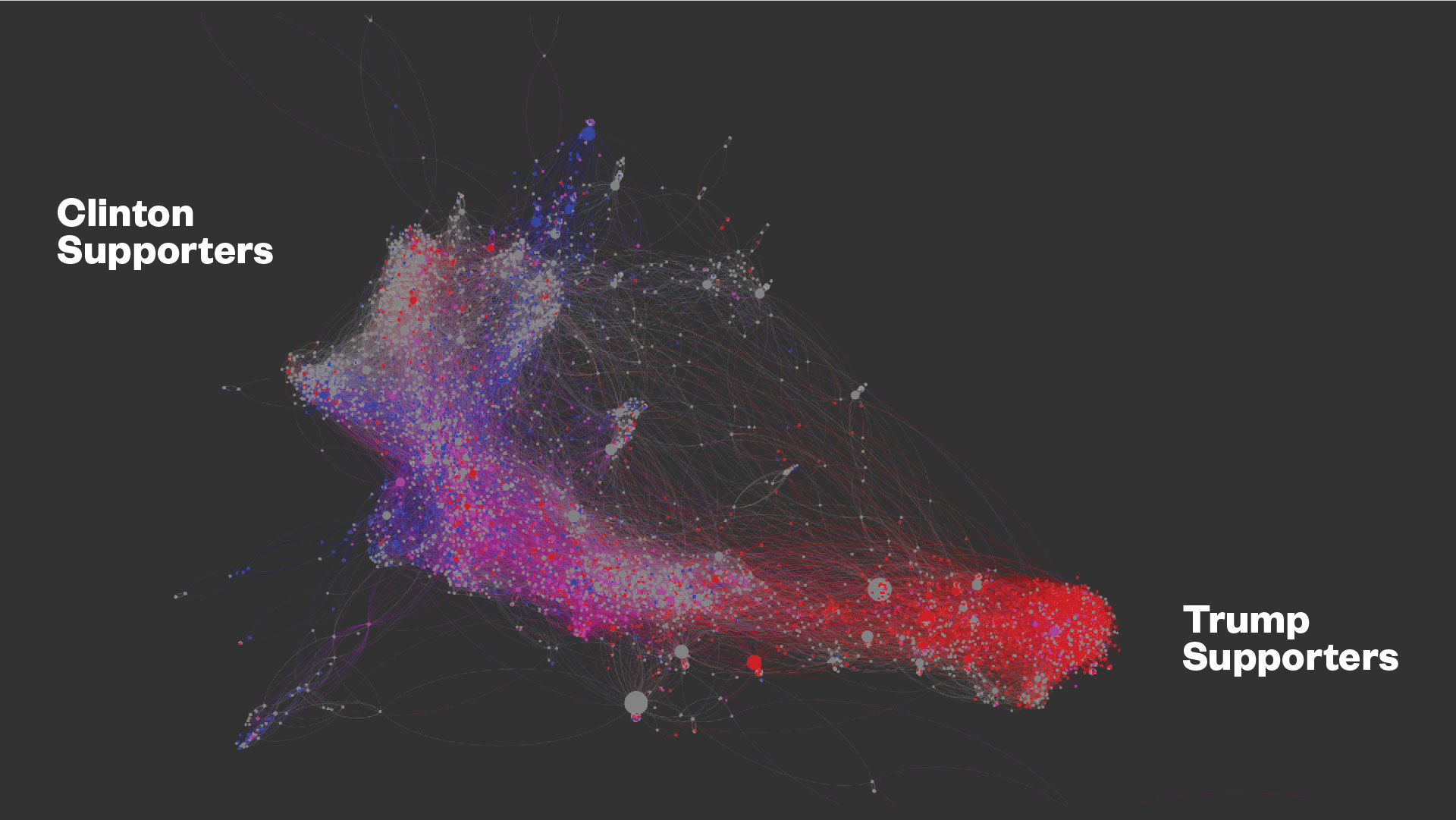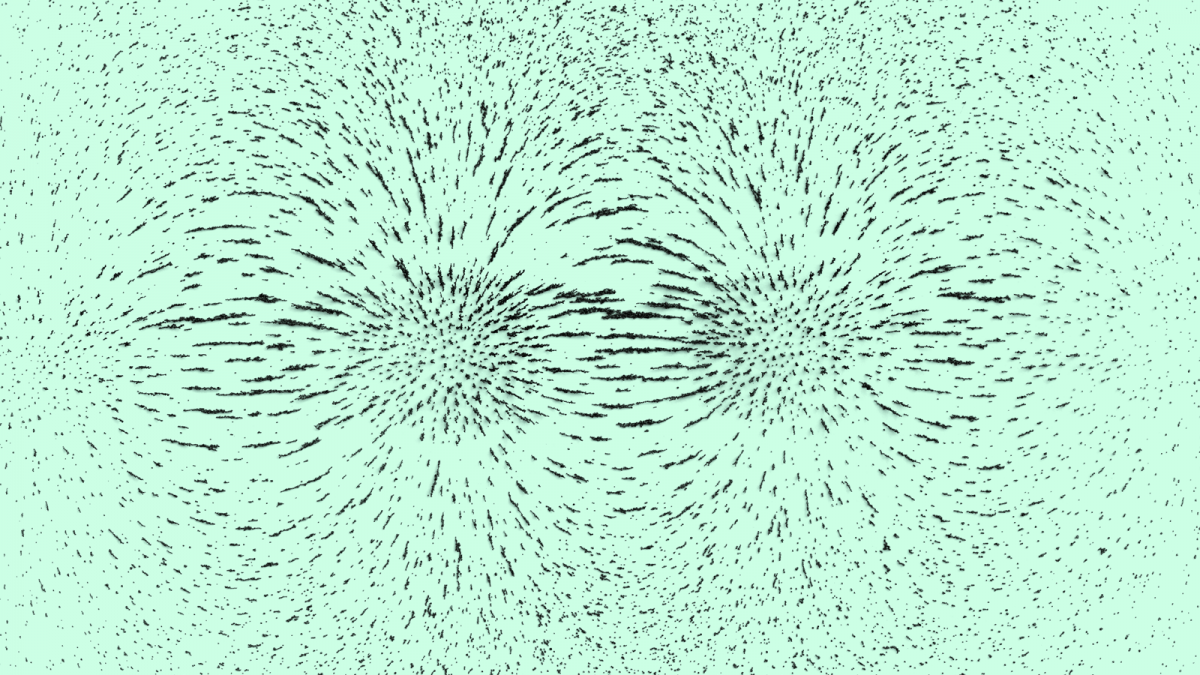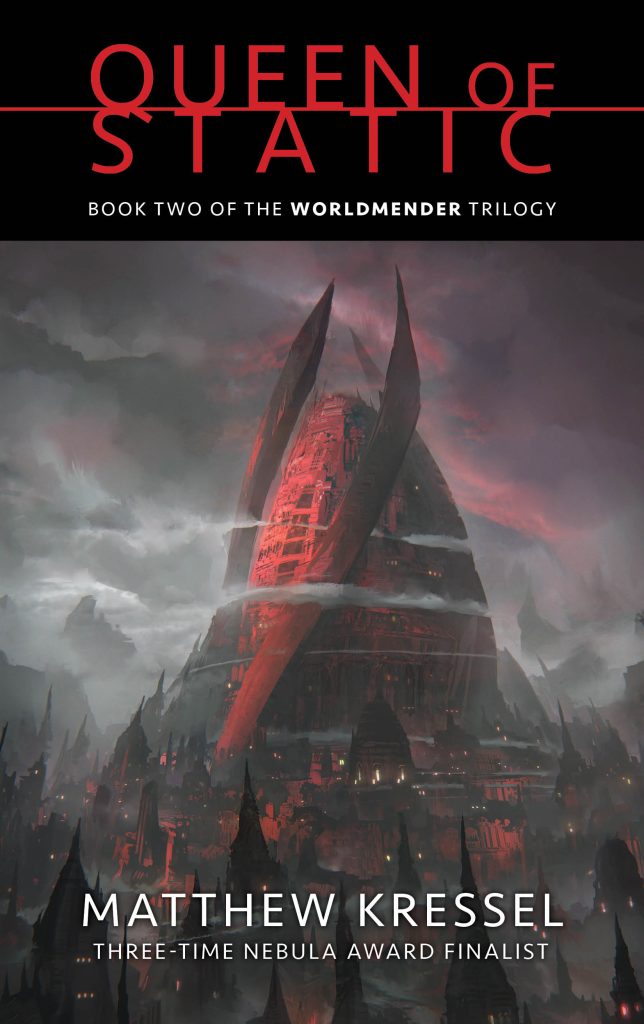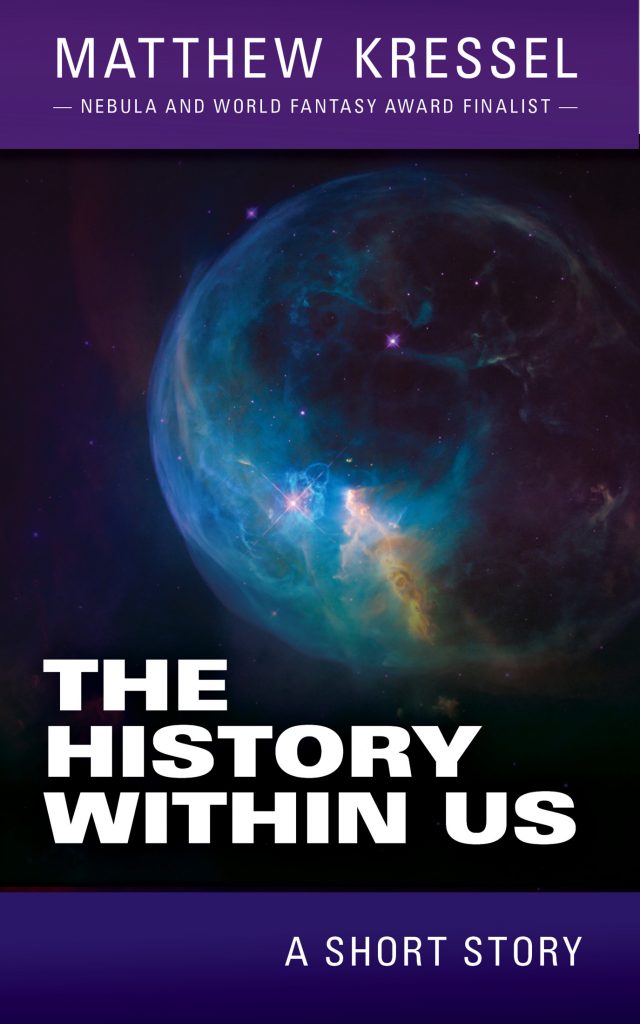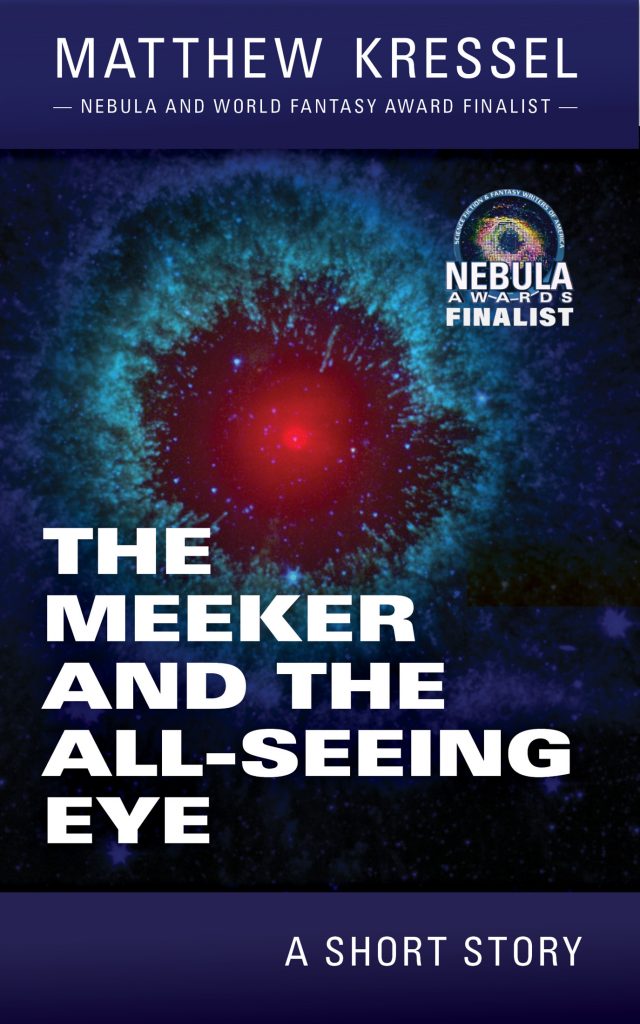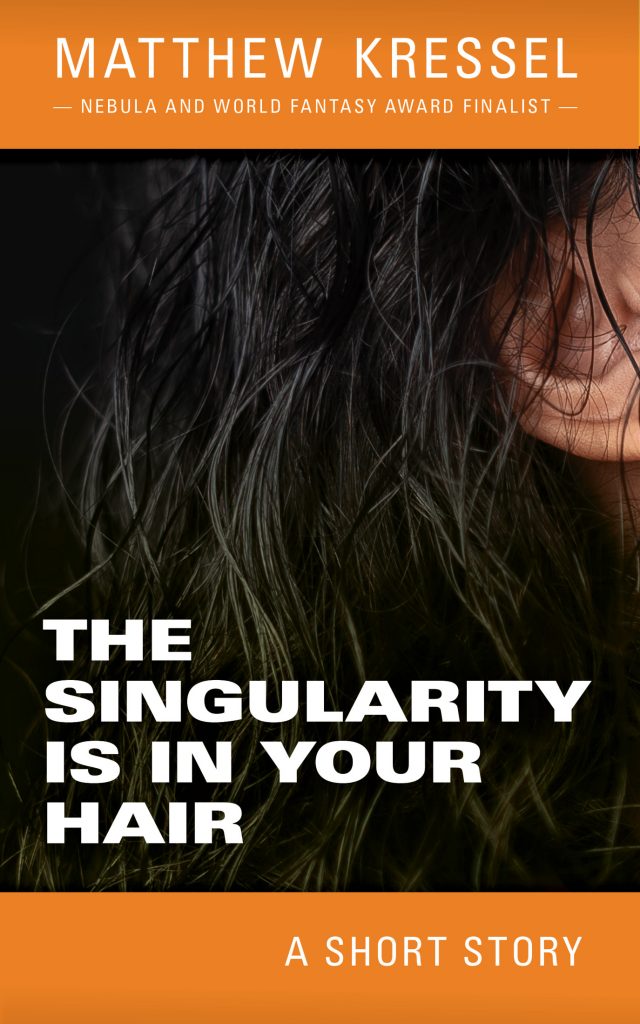And this one about how we all place ourselves into “filter bubbles.” Many people in one scientific study “were surprised to learn just how cocooned inside far-right or far-left bubbles they were.”

“Sword of the Silent”
Unioverse: Stories of the Reconvergence
Unioverse: Stories of the Reconvergence
More

“White Roses in Their Eyes”
Other Covenants: Alternate Histories of the Jewish People
Other Covenants: Alternate Histories of the Jewish People
More

Queen of Static
More

“Now We Paint Worlds”
Some of the Best from Tor.com, 2021 Edition
Some of the Best from Tor.com, 2021 Edition
More

“Still You Linger, Like Soot in the Air”
The Best Science Fiction of the Year: Volume Six
The Best Science Fiction of the Year: Volume Six
More

“Now We Paint Worlds”
More

“Your Future is Pending”
Science Fiction World
Science Fiction World
More

“Still You Linger, Like Soot in the Air”
Lightspeed Magazine
Lightspeed Magazine
More

“The Marsh of Camarina”
Lightspeed Magazine - Issue 121
Lightspeed Magazine - Issue 121
More

“Very Surely Do I Not Dream”
Psi-Wars: Classified Cases of Psychic Phenomena
Psi-Wars: Classified Cases of Psychic Phenomena
More

“Your Future is Pending”
Clarkesworld Magazine #158
Clarkesworld Magazine #158
More

“The Last Novelist (or a Dead Lizard in the Yard)”
2019 Nebula Awards Showcase
2019 Nebula Awards Showcase
More

“Truth is Like the Sun”
Lightspeed Magazine 108
Lightspeed Magazine 108
More

“The Walk to Distant Suns”
Analog Science Fiction and Fact
Analog Science Fiction and Fact
More

“The Marsh of Camarina”
Shades Within Us
Shades Within Us
More

“Love Engine Optimization”
The Year's Best Science Fiction and Fantasy, 2018 Edition
The Year's Best Science Fiction and Fantasy, 2018 Edition
More

“The Last Novelist (or a Dead Lizard in the Yard)”
The Best Science Fiction of the Year: Volume 3
The Best Science Fiction of the Year: Volume 3
More

“In Memory of a Summer’s Day”
Mad Hatters and March Hares
Mad Hatters and March Hares
More

“Will You Meet Me There, Out Beyond the Bend?”
Nightmare Magazine 63
Nightmare Magazine 63
More

“Love Engine Optimization”
Lightspeed Magazine 85
Lightspeed Magazine 85
More

“The Last Novelist (or a Dead Lizard in the Yard)”
Tor.com
Tor.com
More

“The Singularity is in Your Hair”
Cyber World
Cyber World
More

“The Meeker and the All-Seeing Eye”
Nebula Awards Showcase 2016
Nebula Awards Showcase 2016
More

“The Sounds of Old Earth”
Nebula Awards Showcase 2015
Nebula Awards Showcase 2015
More

“Demon in Aisle 6”
Nightmare Magazine 38
Nightmare Magazine 38
More

“The Garden Beyond Her Infinite Skies”
Clarkesworld Magazine
Clarkesworld Magazine
More

“Cameron Rhyder’s Legs”
Clarkesworld Magazine #98
Clarkesworld Magazine #98
More
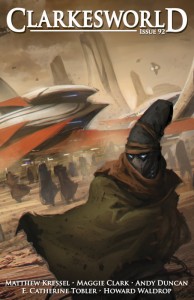
“The Meeker and the All-Seeing Eye”
Clarkesworld Magazine #92
Clarkesworld Magazine #92
More

“The History Within Us”
Clarkesworld Year Four
Clarkesworld Year Four
More

“The Sounds of Old Earth”
Lightspeed Magazine and io9.com
Lightspeed Magazine and io9.com
More

“The Great Game at the End of the World”
After
After
More

“The Bricks of Gelecek”
Naked City
Naked City
More

“The History Within Us”
The People of the Book
The People of the Book
More

“The History Within Us”
Clarkesworld Magazine #42
Clarkesworld Magazine #42
More

“Saving Diego”
Interzone #221
Interzone #221
More
